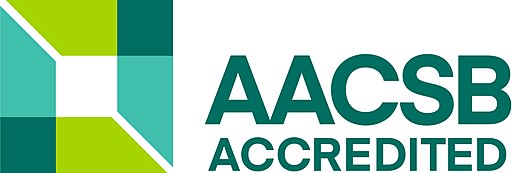About
The Business Information Technology (BIT) program combines IT, Computer Fundamentals, Business Administration, Modeling, and Applications. The interdisciplinary program connects business information technology with hands-on technological experience. To learn more about this program, it is necessary to understand its essential components: Information technology and business administration. The Information technology and computer basics include developing, deploying, and installing information and communication systems, including devices, applications, and software, and information processing and digital analysis using a computer, including management, storage, and retrieval of data and information.
As for the component of business administration and its modeling and applications, it includes acquiring knowledge and skills to apply and use methods and tools to deal with complex business processes and take the necessary and effective measures to solve them, in addition to the ability to evaluate the return on investment, in addition to learning and developing decision-making skills, leadership and strategic thinking, which are among the most critical components of management.
The BIT is distinguished by its study plan, which focuses on the development of processes and solving problems in business enterprises, where technical knowledge areas are applied in the design and development of enterprise processes, strategic management, and the effective use of methods and techniques necessary to align the information technology infrastructure, capabilities, and enterprise systems with the business processes that are used in organizations.
Departmental graduation requirements:
In addition to the university and college requirements, the student must successfully pass (81) credit hours of study, distributed as follows: (66) credit hours as compulsory major requirements and (15) credit hours as optional major requirements.
Possible fields of work for graduates:
Graduates of the BIT major can work in positions such as strategic planning, using and following up on the latest information systems technologies, managing and designing the executive steps of information technology projects in various organizations, and using the applications of these areas of expertise in communications and data transmission. In addition to well-known business administration jobs that require technical expertise, graduates of the business information technology major can maintain the positions of director of business information systems, executive director of business information technology, administrative support, and decision support systems.
Contact us |
Head of Business Information Technology Department Email: bit@psut.edu.jo T (+962)65359949 Ext: 5411/5412 Working hours from Sunday to Thursday: 8:00 AM - 4:00 PM Working hours from Sunday to Thursday in Summer: 8:00 AM - 3:00 PM |

 PSUT Portal
PSUT Portal 

















